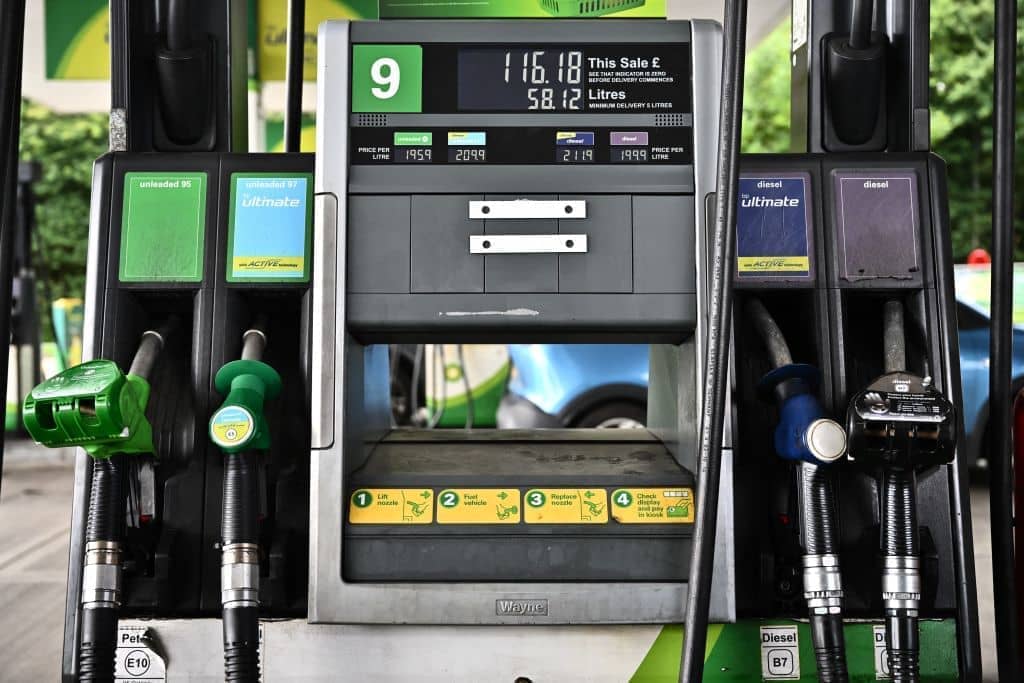As if Boris Johnson was not in enough political trouble already, the latest surge in oil prices is threatening to overwhelm the government. This week, petrol prices in some filling stations have crossed the symbolic threshold of £2 per litre. This would be a problem for any government, but, for a Conservative administration which owes its last election victory to the votes of relatively low-paid manual workers, it is an existential threat.
People who rely on their cars to get to work face being priced out of the workplace. Decades of sky-high property prices – and high moving costs thanks especially to stamp duty – have changed the pattern of living and working. There are large numbers of voters who must drive long distances to reach their place of work. If you are a teacher, nurse, carer or factory worker, you have no option of working from home. Moreover, outside London, public transport is often of little use – and it is going to be deeply affected everywhere by strikes over the next few weeks. High petrol prices are a bomb which has landed right in the heart of the former Red Wall.
High petrol prices are a bomb which has landed right in the heart of the former Red Wall.
But there is another aspect of this crisis which is especially harmful to Boris Johnson. During the Brexit referendum he promised that one of the benefits of leaving the EU would be the ability of Britain to drop the 5p VAT on domestic heating bills. Not only has he refused to keep this promise – and at a time when keeping it would have been especially helpful to households – but he is failing to follow the example of many EU countries which have introduced emergency cuts in road fuel duties, beyond the 5p cut in the spring statement. Germany has cut duty by €0.3 per litre, France cut it by €0.18 in April and has extended that cut over the summer. Poland, too, has cut duty.
It is very easy to look and say: we left the EU partly so that we could reduce energy bills, and yet there are EU countries slashing fuel duties while we do not. As for the 5p cut in the spring statement, that has already been more than cancelled out by the rise in the VAT receipts. Given that VAT receipts are proportional to the price of petrol, charged at 20 per cent, the government is scooping in far more extra revenue than it lost through the 5p reduction. A 50p per litre rise in the underlying price of fuel generates an extra 10p in VAT receipts. Worse, the government can be said to be clobbering motorists by levying a tax on a tax – given that VAT is levied on fuel duty.
There is an alternative case which says that road fuel duties are not especially high in Britain. When it comes to fuel prices, the UK occupies a mid-table position among European countries – and most of the countries with cheaper fuel are Eastern European ones where earnings are a lot less. Moreover, fuel duty has not risen in a decade. The government is paying the political price for failing to raise duty when oil prices were very low between 2014 and 2017. It could have raised duty then and motorists would hardly have noticed – they would still have enjoyed falling prices. That would have allowed the leeway to cut duty much more firmly now.
But trying to tell motorists they are enjoying relatively cheap fuel is not going to wash. What should frighten the government is how much further oil prices could rise. For all the havoc caused by high energy bills, the price per barrel of crude oil has yet to reach its 2008 and 2011 peaks.







Comments